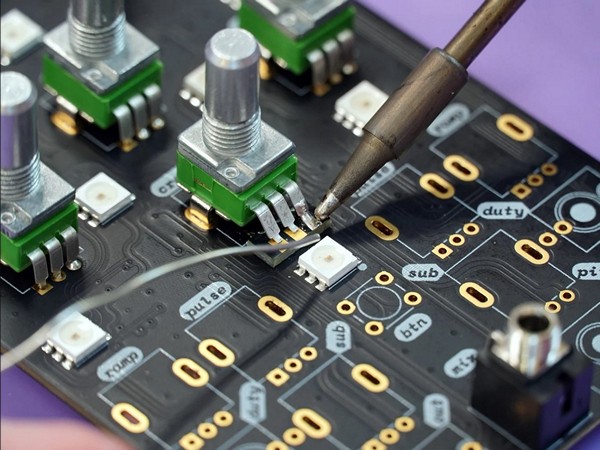Gold's Unyielding Relevance: Powering the AI and Tech Revolution
Gold's demand in electronics fell from 328 tons in 2010 to 249 tons in 2023, but AI growth hints at a recovery. Its properties ensure critical use in advanced electronics, despite rising costs. Industries like healthcare and aerospace rely on gold for its versatile applications.

- Country:
- India
The World Gold Council reports a resurgence in gold demand as AI systems drive increased use in smartphones, autonomous vehicles, and data centers. While electronics sector demand peaked at 328 tons in 2010 and declined to 249 tons by 2023, AI-enabled device expansion is fostering a modest recovery.
Manufacturers, eager to satisfy AI's technological demands, benefit from gold's unique properties, including exceptional electrical conductivity and corrosion resistance. These attributes make gold indispensable for high-performance electronic applications, facilitating high-speed data processing, minimizing energy loss, and ensuring durability.
The healthcare and financial industries are investing heavily in AI to enhance innovation and efficiency, propelling gold's relevance. As these sectors deepen their AI reliance, gold's role in reliable electronic components for processors and sensors remains critical.
However, a new report from the World Gold Council indicates the rising cost of gold, now exceeding Rs 72,056 per 10 grams (USD 2,700 per ounce), poses challenges for manufacturers. Previous price hikes led to substituting gold with alternatives like silver or copper, and thrifting techniques to curb usage. Yet, many cost-saving measures have already been maxed out, limiting further options without performance compromise.
Despite technological advances such as gold-free mini-LEDs in LED production, AI system complexities continue to sustain gold demand. Beyond AI, gold's versatility carries weight in other fields. In healthcare, it features in therapeutic devices and key diagnostics components. Aerospace benefits from gold's ability to shield sensitive satellite and spacecraft components against harsh conditions. Additionally, clean energy technologies use gold as a chemical catalyst in hydrogen production and carbon dioxide transformation processes.
(With inputs from agencies.)
ALSO READ
Rossell Techsys Shines in Re-Listing: A New Dawn in Aerospace and Defense
ADGM to Establish Insurance Association: A Boost for UAE's Financial Sector
India's Clean Energy Vision: An Ambitious Transition by 2047
Andhra Pradesh's Clean Energy Policy-2024 Attracts Global Investors
MTAR Technologies Soars with Rs 226 Crore Orders in Clean Energy and Aerospace










